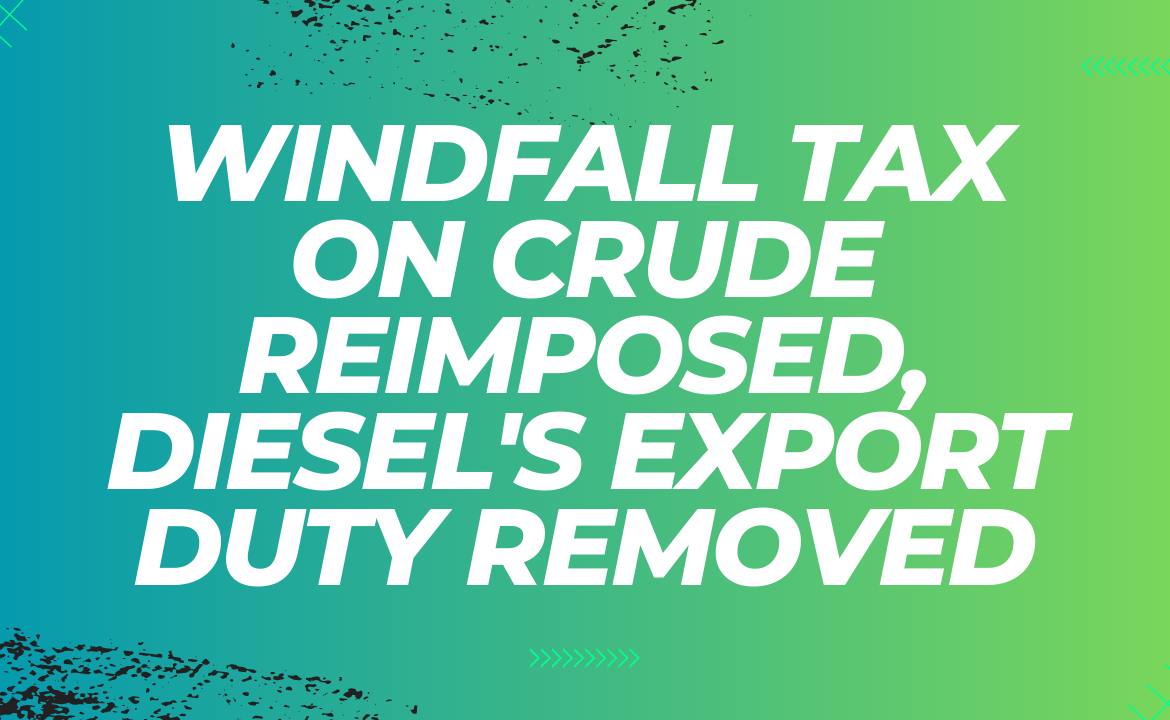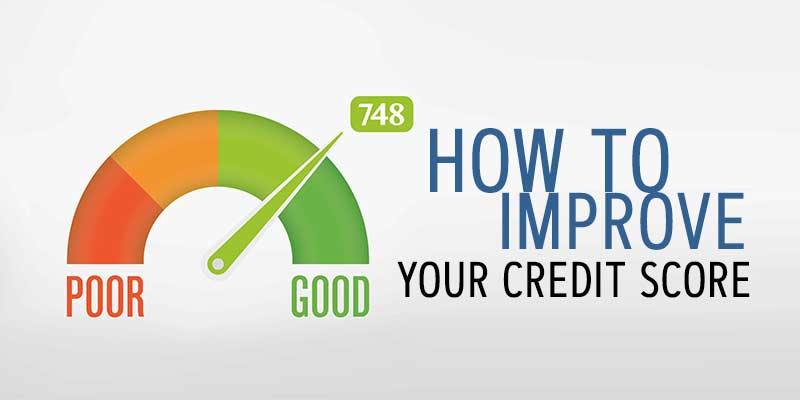The Indian government has reimposed a windfall tax on crude oil to boost revenue collection as it faces a difficult task to contain the rising fiscal deficit due to the pandemic. This tax will be applicable when the price of crude oil goes beyond a certain limit. The government has also removed the 5% export duty on diesel, aiming to promote exports and increase foreign exchange earnings. The Finance Ministry believes that these moves will help in managing the fiscal deficit and provide support to the Indian economy.
Windfall Tax on Crude Oil
The Indian government has recently reimposed a windfall tax on crude oil, which was first introduced in 2008 and then removed in 2010. The tax will be levied on oil producers when the price of crude oil crosses a certain threshold. The threshold price has not been disclosed yet, but it is expected to be around $70-$80 per barrel. The tax will be imposed on both public and private oil companies operating in India. The government estimates that this tax will help in generating an additional revenue of around Rs. 30,000-40,000 crore annually. The decision to reimpose the windfall tax has been taken to increase the government’s revenue collection, which has been hit hard due to the COVID-19 pandemic.
Removal of Export Duty on Diesel
In a move to boost exports, the Indian government has removed the export duty on diesel. The export duty on diesel was 2.5% of the export value. The removal of the duty is expected to reduce the cost of diesel for exporters and make Indian exports more competitive in the international market. This decision comes at a time when the Indian economy is struggling due to the COVID-19 pandemic and the government is trying to boost exports to revive the economy. The removal of the export duty on diesel is expected to boost exports and help in generating additional revenue for the government.
Reasons for Imposing Windfall Tax
A windfall tax is a tax levied by the government on profits earned by companies due to unforeseen or sudden increases in profits. The reason for imposing a windfall tax is to capture the excessive profits made by companies during such periods and use the revenue generated to fund public welfare schemes. In the case of crude oil, a windfall tax is imposed when the prices of crude oil rise unexpectedly, resulting in higher profits for oil companies. The idea is to use the revenue generated from the tax to subsidize the prices of petroleum products for the common man, who may be adversely affected by the sudden price rise. The windfall tax is a tool used by the government to ensure that companies share their profits with the people and contribute to the overall welfare of the society.
Impact of These Decisions on the Economy
The reimposition of the windfall tax on crude oil and removal of export duty on diesel will have both positive and negative impacts on the Indian economy.
On the positive side, the windfall tax will increase government revenue, which could be used to fund various social welfare schemes and infrastructure projects. The removal of the export duty on diesel could make Indian diesel more competitive in the global market, which could potentially increase exports and reduce the country’s trade deficit.
However, on the negative side, the windfall tax could increase the cost of production for oil companies, which could lead to an increase in fuel prices for consumers. This could have a negative impact on various sectors of the economy, including transportation, logistics, and manufacturing. Additionally, the removal of the export duty on diesel could lead to an increase in domestic diesel prices, which could further increase inflation and adversely affect consumers.
Conclusion
The reimposition of the windfall tax on crude oil and the removal of the export duty on diesel are important decisions taken by the government that will have a significant impact on the economy. While the windfall tax will generate revenue for the government, the removal of export duty on diesel is likely to boost the export industry. However, the impact of these decisions on the overall economy will depend on how effectively they are implemented and how they are perceived by various stakeholders. It remains to be seen how these decisions will play out in the long run.\
Also Read:
- WHAT ARE THE 5 BEST INVESTMENTS IN INDIA?
- HOW CAN I PLAN MY FINANCIAL FUTURE IN INDIA?
- What is Bitcoin SV? BSV Price prediction 2025 to 2030
- Employee evident fund (EPF): Everything you need to know.

Hello, I am Tanisha Kriplani, graduated in computer science from Delhi University. I am passionate about web content writing and have a strong interest in Data Analytics and Data Engineering.












